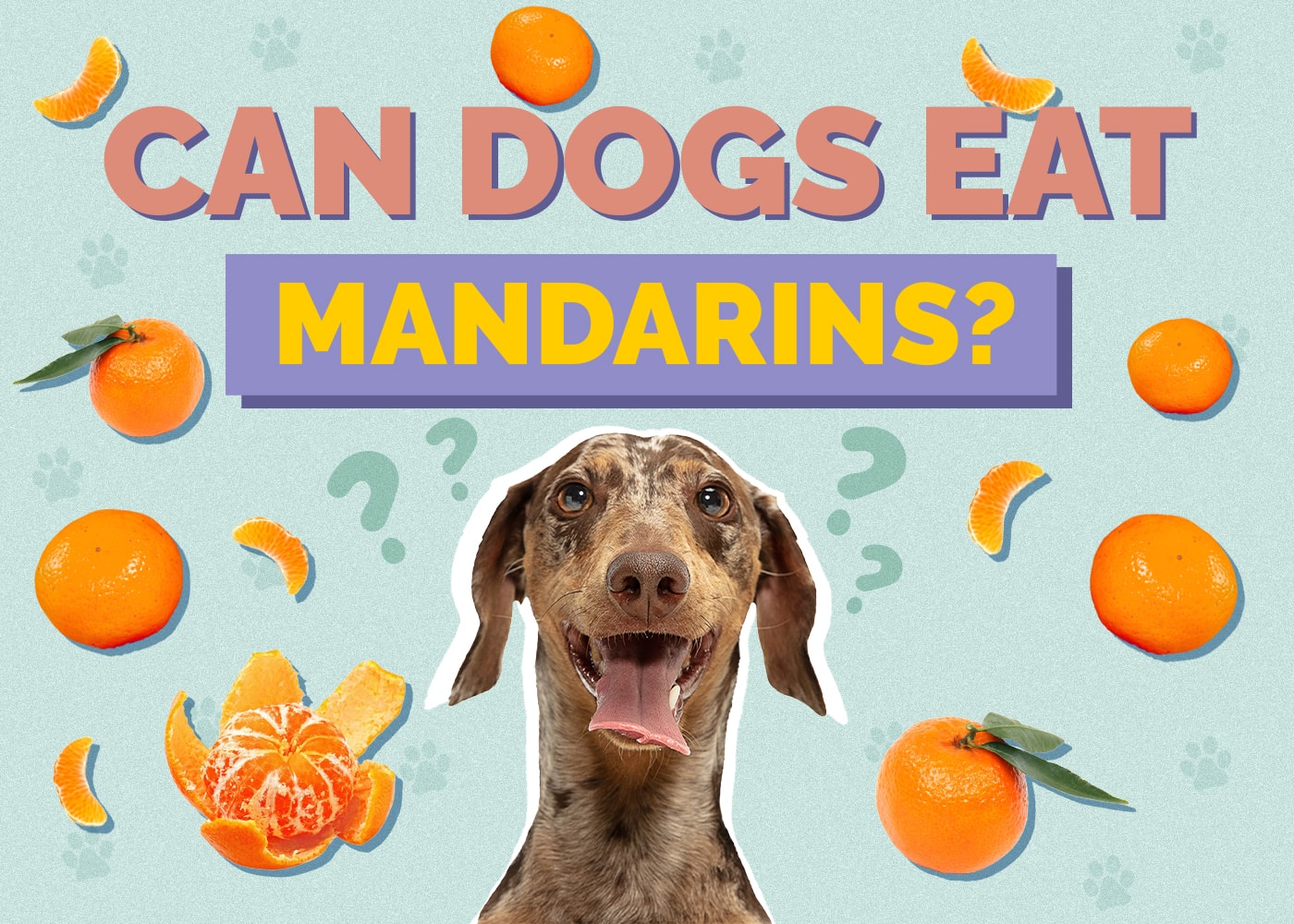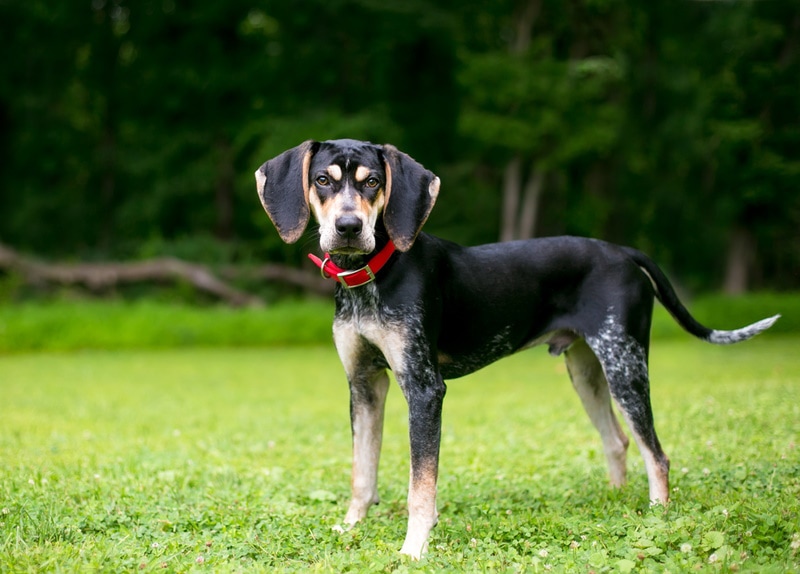Can Dogs Eat Icing? What The Science Says
By Jessica Kim
Updated on

In general, dogs shouldn’t eat icing. Icing mainly consists of sugar, which isn’t healthy for dogs. It also has other ingredients that can make dogs sick, like milk, raw egg whites, and butter. While dogs can get away with licking up small amounts of icing without getting sick, it’s not good for them in the long run and should never be fed to them as a regular treat.
Fortunately, there are some dog-friendly icing recipes that you can use to decorate dog biscuits or treats. So, if you want to score some extra brownie points with your dog, you can whip up a batch of dog-friendly icing. Here’s all you need to know about icing and the types that you can safely feed your dog.
 Why Icing Is Unhealthy for Dogs
Why Icing Is Unhealthy for Dogs
Icing isn’t nutritious, and it contains ingredients that aren’t good for dogs. While it’s not toxic to dogs, it’s best to avoid icing because it can lead to other health complications. For example, sugar isn’t poisonous, but consuming large amounts of sugar over an extended period of time can lead to chronic health concerns, like digestive issues, weight gain, and diabetes. The high sugar content in icing can also eventually lead to dental issues.
Some icing, like royal icing, contains raw egg whites. Unpasteurized egg whites can be contaminated with Salmonella and lead to food poisoning. Buttercream frosting contains large amounts of butter. Again, butter isn’t toxic to dogs, but it’s an unhealthy ingredient with a high-fat content, which can lead to excessive weight gain. High fat foods have also been linked to pancreatitis in dogs.
So, icing isn’t a food that benefits dogs. Due to having large amounts of sugar and other unhealthy ingredients, it’s best for dogs to avoid eating it altogether.

What to Do If Your Dog Eats Icing
It usually isn’t an issue if your dog eats a little bit of icing. Your dog may experience an upset stomach if it eats too much and might show these signs:
- Vomiting
- Diarrhea
- Excessive licking of lips or the air
- Gulping
- Lethargy
- Loss of appetite
If your dog has an upset stomach, you can help it recover in several ways. First, withholding food for a few hours can help the stomach feel better more quickly. Just make sure to leave water available to prevent dehydration. It’ll be helpful to provide smaller amounts of water, little and often, as gulping large amounts can make dogs feel nauseated.
After a fasting period, you can introduce foods that are gentle on the stomach and easy to digest. Foods like cooked white rice, plain cooked chicken, and unsalted bone broth can help satiate hunger without making dogs feel worse. Your veterinary clinic will also have specially formulated digestive support foods to save you home cooking.
If your dog continues to experience an upset stomach after 48 hours, contact your veterinarian for further instructions. If your dog ever has blood in its vomit or stool or has a fever, call your veterinarian right away.

Dog-Friendly Icing
Dog-friendly icing and frosting recipes are available for your dog to try out. Many of these recipes omit sugar, butter, and artificial colors. Instead of using egg whites, they may use tapioca starch or another starch as a hardening agent. While tapioca starch doesn’t really add significant nutritional value to a dog’s diet, it’s safe for dogs to eat and a common ingredient that’s used as a binding agent in dog food and treats.
Even though dog-friendly icing is safer for dogs to eat, they should only eat it in moderation as a special treat. Most dog-friendly icing recipes are yogurt-based, and dogs should only eat yogurt in small quantities to avoid experiencing an upset stomach. It’s also important to note that some dogs just have trouble digesting dairy altogether and may not be able to process yogurt very well.
 Conclusion
Conclusion
Overall, both icing and dog-friendly icing aren’t the most beneficial snacks for dogs. However, if you want to add a special surprise to your dog’s treats, making a batch of dog-friendly icing is the better alternative to regular icing. Just remember to give it in small quantities to prevent an upset stomach, indigestion, or weight gain.
If your dog ever exhibits signs of an upset stomach, allow your dog time to fast from food and slowly reintroduce easily digestible food afterward. If the signs persist or worsen, contact your veterinarian right away to ensure your dog receives the proper treatment for recovery.
Featured Image Credit: LAWJR, Pixabay

 Why Icing Is Unhealthy for Dogs
Why Icing Is Unhealthy for Dogs









